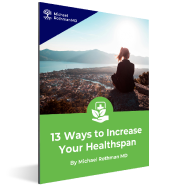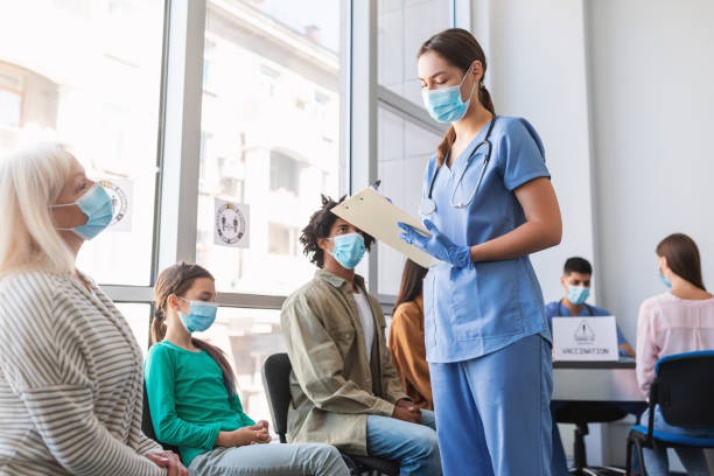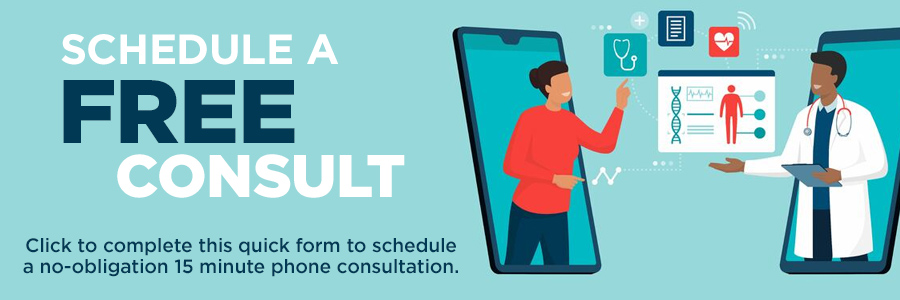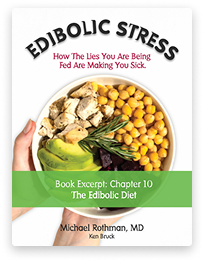When you’re a highly educated medical doctor with a passion for nutrition and wellness, you might find yourself serving as a model to those around you. So, we caught up with Dr. Michael Rothman of Michael Rothman MD in Red Bank, NJ, to find out what he eats everyday to see if he practices what he preaches. And, boy, does he ever.
Healthy Foods to Eat Everyday
What do you eat for breakfast? How is it prepared? Is there a reason?
I routinely eat three poached (or boiled) organic eggs, plus a small amount of organic (non-fortified) cereal with goat’s milk. Why do I eat my eggs poached or boiled? Frying the eggs will oxidize (burn up) and destroy the vital proteins and fats contained in the eggs. As part of my healthy foods to eat for breakfast, I choose goat milk rather that cow milk because it’s less processed and not homogenized. Homogenization of the fats in commercially available cow milk releases a chemical known as xanthine oxidase, which is destructive to blood vessels. “Fortified” cereals are not healthy foods to eat everyday because they’re always highly processed, and the added vitamins and minerals are ALWAYS poor quality.
Do you have other suggestions of healthy foods to eat for breakfast?
Breakfast meats like bacon and sausage are good, but you MUST get the uncured forms of these products. Cured meats contain nitrites, which should be avoided because they’re highly toxic. Organic cheese is also a good source of healthy protein and fat, which are perfect for breakfast. Leftovers are a good choice for breakfast (as long as the original meal was healthy to begin with).
What do you eat for lunch and dinner? How is it prepared? Is there a reason?
Whether it’s lunch or dinner, I always have a portion of meat, cheese, eggs or poultry at every meal (preferably organic). Fish is also acceptable, but I can’t stand the taste of it. I always try to include a serving of vegetables (preferably organic) to take advantage of the phytonutrients (plant-derived nutrients) and fiber. I may also consume a small amount of starch (preferably unprocessed) with my meal. The meats should be cooked as minimally as possible (to preserve the fat and protein content). The vegetables should be lightly cooked. Raw vegetables are very difficult to digest and overcooked vegetables lack nutritional value (and taste).
Do you have other suggestions for nutritious lunches and healthy foods to eat for dinner?
There are plenty of healthy foods to eat for dinner and lunch, you just have to choose wisely. Never consume fried foods, vegetable oils or microwaved foods. Avoid sugars and especially sweet drinks. Avoid artificial sweeteners. Avoid MSG. And avoid food additives and colorings.
Do you snack? Should you snack?
If you’re hungry, eat real food. If you’re not hungry, there’s no good reason to eat.
What do you eat for a snack?
I do not snack. If I’m hungry, I’ll eat a real meal. If I’m just a little hungry, I might choose some organic cheese, eggs, or some leftovers from nutritious lunches or dinner.
What do you eat if you are on the go – as in literally in the car?
You should avoid eating “on the go”. Eating while rushed or stressed is extremely unhealthy. If I must eat “on the road”, I will plan ahead to make sure I have with me healthy foods to eat on the go. I will make a sandwich with organic meats (like chicken or turkey) on organic bread, or I may bring some organic cheese. If I’m unprepared, I’ll attempt to locate a restaurant or deli that will serve me food that’s as minimally processed as possible. I’ll continue to have a serving of meat, cheese, eggs or poultry, as well as vegetables and a small serving of starch. Sometimes I‘ll have a slice of thin-crust pizza with extra meat and extra cheese, or a meatball and cheese sub. I find these items to be less toxic than other on-the-road-type products.
What do you eat when you are out dining? Do you have tips for eating healthy when eating out?
I’m careful to maintain my required serving of meat, eggs, cheese or poultry, plus a serving of vegetables and a small amount of starch. However, I stay vigilant about how the food is prepared. I’ll ask the server what ingredients and oils are used. I’ll inform my server that I’m highly allergic to vegetable oil and could get deathly sick if it’s used in my food. Like everyone else, these oils will make me sick (joint pains, fatigue, headache and diarrhea). Though I may not immediately die, I want my server to take my request for no vegetable oil seriously so that I don’t suffer any ill effects. I encourage all diners to follow suit.
While each of us may know the healthy foods to eat for breakfast, nutritious lunches and healthy foods to eat for dinner, we may not always eat them. It’s good to know that a medical doctor with such a wealth of knowledge on health and wellness is living his best life as well. He knows the healthy foods to eat everyday, and he eats them himself. Dr. Michael Rothman is an inspiration to all of us.












